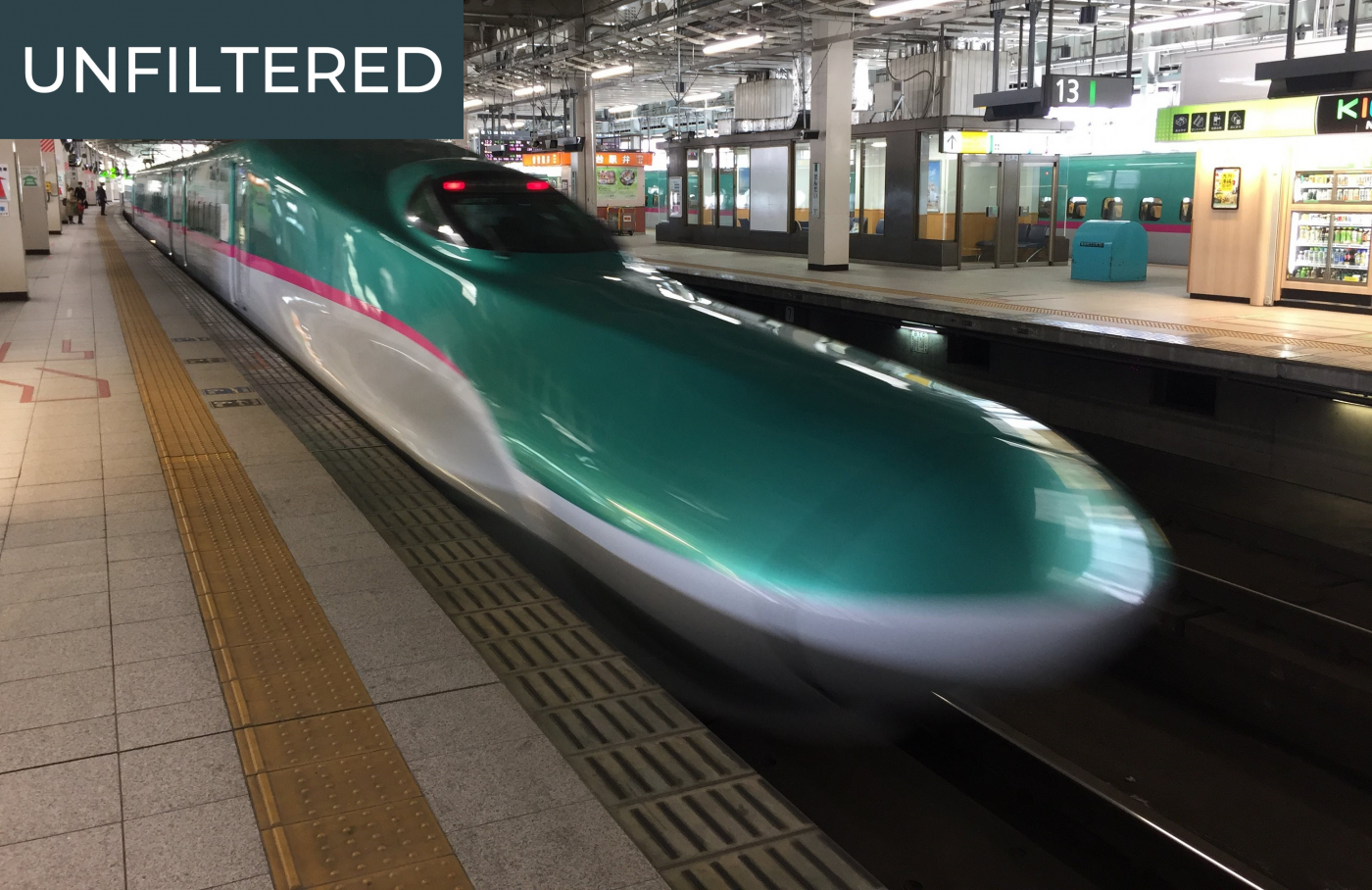Japan’s train system is legendary for its punctuality. Peruse any travel book or Japan-related website and you’ll find countless tales of how trains always arrive at their station on time—rarely more than a minute late.
If you visit Japan for a brief period, it’s easy to see how this belief came to be, especially if your travels involve a select few train lines. But what is it like for long-term residents, those who commute significant distances on a daily basis?
In this roundtable discussion, my fellow Kokoro authors and I will answer this question and shed some light on what it’s really like to be a commuter in Japan—specifically Tokyo.
Commuting in Tokyo
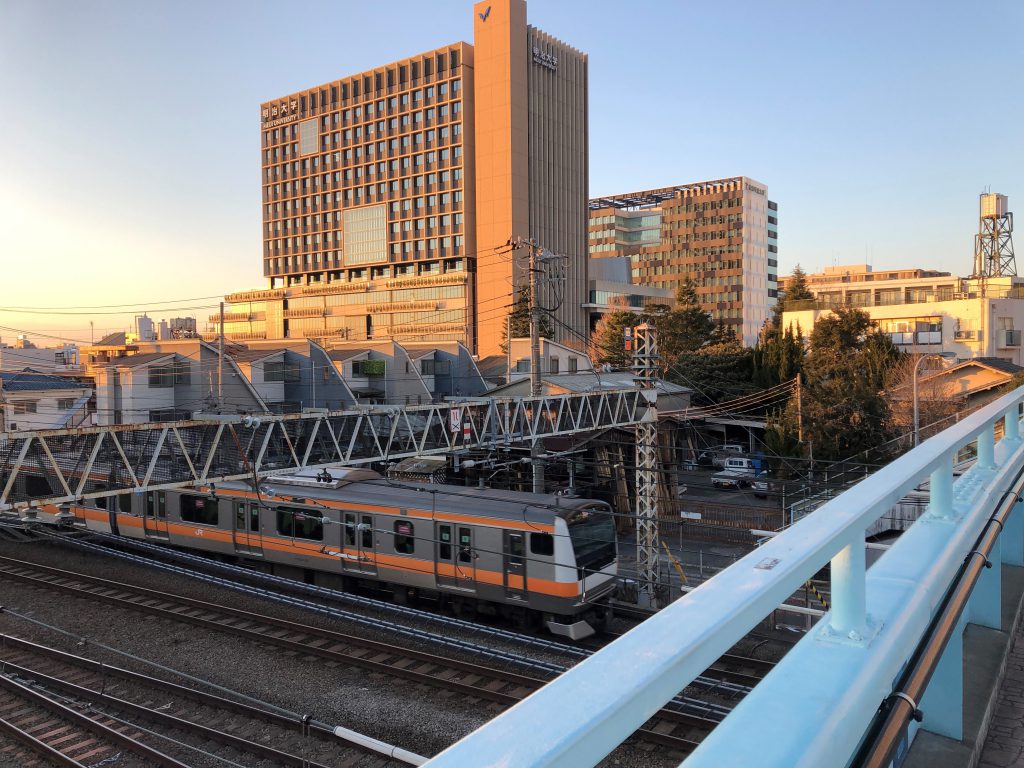
Amelie: When you look at social media, people are always sharing articles about trains being on time all the time. And, I think it’s generally true. But trains on some lines, especially in Tokyo, can often be quite late. For example, I often use one of the main commuter rail lines, and for various reasons, it’s late almost every day when I take it in the morning. Still, even these trains might be considered punctual when you compare it to train lines in other countries.
Anthony: Yeah, I have to agree with you about the above-ground train lines that go from the city center to the suburbs. That being said, the subway system seems to match the common perception of Japanese trains. They tend to arrive on time—down to the minute—and rarely have problems. That also goes for the Shinkansen (bullet train). I’ve never been on a Shinkansen that was running late. Still, the idea that all trains in Japan are punctual is a myth.
David: Maybe it’s because I mainly use the subway, but in my experience, the trains are so punctual that I can set my watch to them. So in that respect, I feel that this myth reflects reality quite well. Actually, I find that the trains tend to leave slightly early. For example, if a train is leaving at 11:25, the doors will close at 11:25 on the dot.
It can be a little misleading when you expect the train to leave at 11:25, you reach the platform at 11:25, and the train is already moving away from the station. That’s beyond punctual! And, that still amazes me to this day. So if you are trying to catch a specific train, I’d recommend getting to the platform about two minutes early to ensure that you’ll be able to ride it.
Amelie: I agree with you two when it comes to the subway lines. Although they can be late in the morning, I think that’s because of rush hour. That’s the only time I occasionally witness that famous scene where the station attendants wearing white gloves squeeze everyone into trains.
Traveling in the Countryside
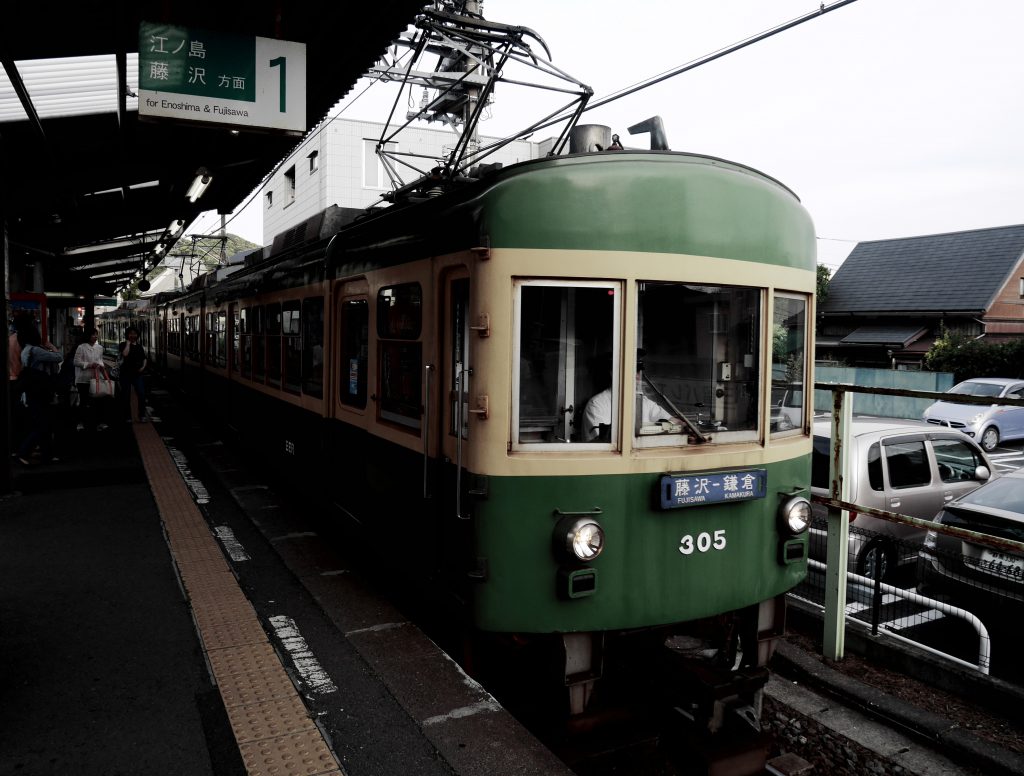
David: On the other hand, I can confirm what you both said about the differences between the different kinds of train lines. When we think of trains, we also need to keep in mind that there are different systems. I find that the privately owned train lines tend to have a more relaxed approach when it comes to punctuality. So I noticed a lot of private lines might leave Tokyo a minute or two late—no big issue for them.
Also, when I’m waiting for a train in the countryside, no one makes a big fuss if the train is five minutes late. That surprised me once because it caused me to miss a tight buss connection.
Amelie: I’ve had similar experiences in the countryside. I used a local train line in Shizuoka during Golden Week. My friends and I were waiting at a station for the train to arrive. We were positive of the arrival time, but after 10 minutes of waiting, no train arrived. We started to get a little worried because it was the last train of the day. So if we couldn’t catch this one, we couldn’t get back to our hotel. In the end, the train had simply been delayed. We didn’t know why. It wasn’t a big deal, though. We were just surprised because we weren’t used to trains being that late without any kind of notification or explanation.
David: Yeah, in Tokyo even the slightest delay results in detailed announcements and profuse apologies. You don’t see that as often in the countryside.
Japan VS. the World
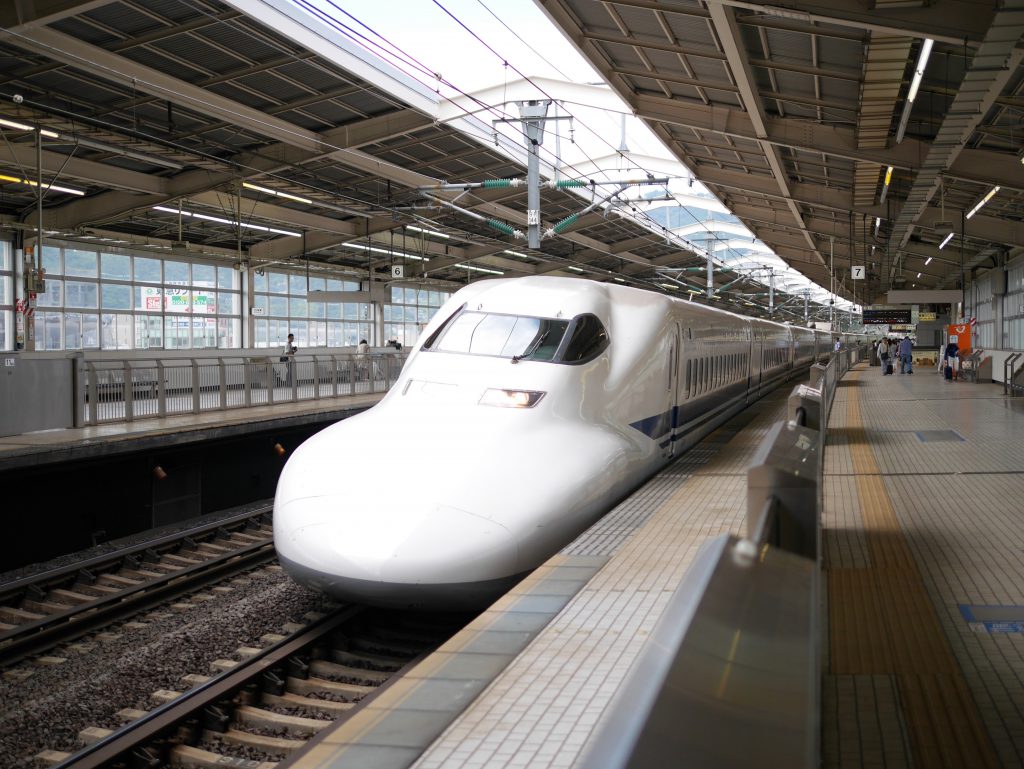
Anthony: Each of us is from a different country. How would you compare the trains in Japan to the trains in your home country?
Amelie: Compared to France? Yes, I think trains in Japan are more punctual. Delays happen for the same reasons in both countries—something on the tracks, for example. The main difference I noticed the last time I was in France, was that it took a lot of time before they told us why the train had stopped. They didn’t say anything. In Japan, at least in Tokyo, when your train stops they immediately tell you what’s going on. And then they apologize. So the main difference between France and Japan is how much and how fast information is provided.
David: I can only comment on Europe in general because it’s been a while since I’ve taken a train in Belgium. Recently, I was traveling in Germany and the train was very late—at least 20 minutes—with no explanation as to why. I was told that trains in Germany were often late. On the other hand, when I used busses, they were early, often departing two minutes ahead of schedule. I have no idea why this was the case.
Anthony: On the west coast of the U.S. there simply aren’t enough trains to use. It’s very rare that you can conveniently reach your destination by train—it’s just not an option. On top of that we simply have a strong, historic car culture. Cars are the default mode of transportation and our cities reflect that.
So, I can’t really complain about trains in Japan. I’m just happy they exist and that I can use them—especially in Tokyo [laughs].
Expectations VS. Reality
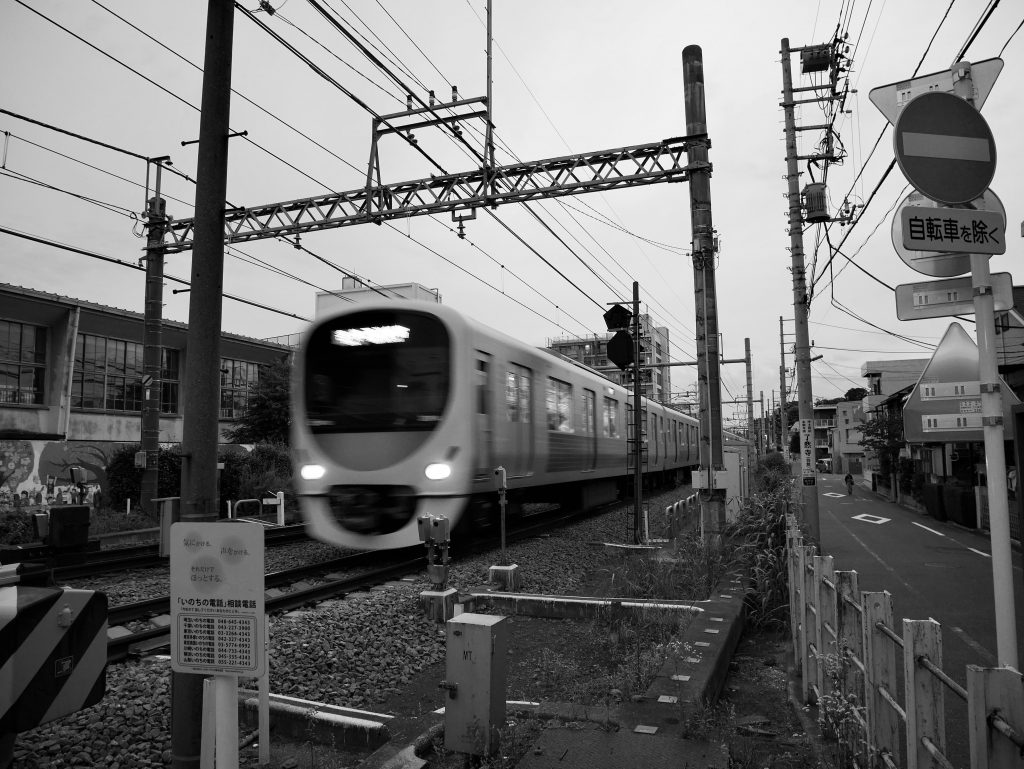
Anthony: Although Japanese trains may not be as punctual as myths would have us believe, it sounds like everyone here is pretty satisfied with the system.
David: Yeah, it’s useful for setting your watch [laughs].
Amelie: The system is great. The misconception is that it’s perfect. You might be expecting perfection, but in reality, nothing is perfect. But, the Japanese train system is impressive.
David: It’s still run by humans—not robots.
Amelie: And of course, the passengers are human as well.
Anthony: For now [laughs]…

